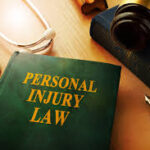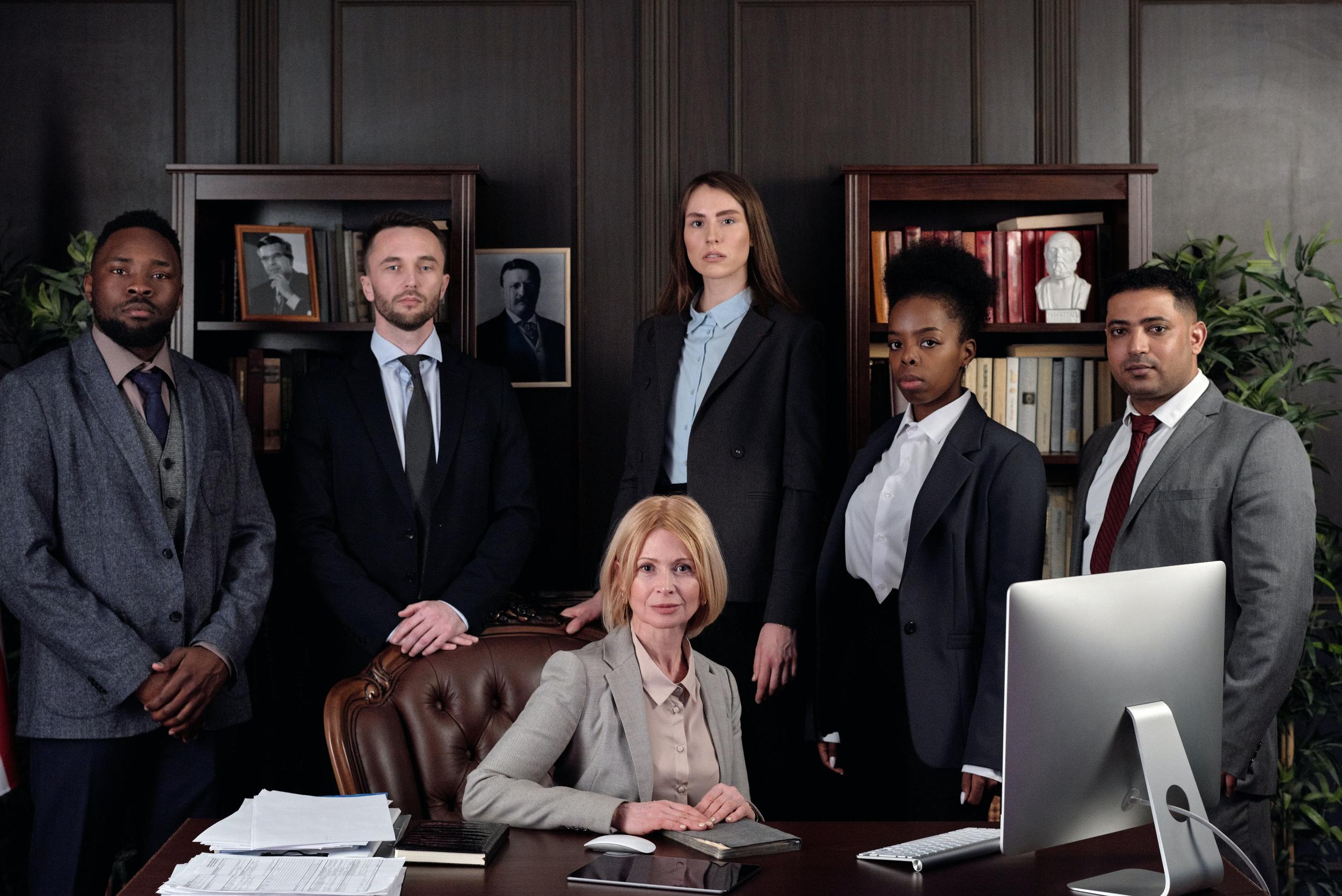Getting hit by a car is often a traumatic experience that leaves you reeling. What you do next can help protect your health and even protect you financially–but do you know what steps to take?
The first thing you should do is talk to a personal injury lawyer.
Take a look at these actions and why they’re important in the aftermath of a car accident.
1. Report the accident to the police.
Any time you have a serious car accident, whether it causes primarily property damage or causes serious injury to the passengers in either vehicle, call the police to report the accident and wait for them to arrive so they can create a police report.
A police report serves a vital purpose in the aftermath of an accident: it helps establish when the car accident occurred and who caused the accident so that when you report it to the liable driver’s insurance company, you can more easily get the compensation you deserve. Do not let the other driver talk you into ignoring this vital step, since failure to secure a police report can muddy the evidence presented after the accident and make it harder for you to seek the compensation you deserve.
2. Always prioritize medical attention after a serious accident.
You feel the harsh collision as the force runs through your car. You get out and survey the damage, checking yourself over for injury as you go. As far as you can tell, you do not seem to have sustained serious injuries in the accident. Do you really have to go to the hospital to get checked out?
Short answer: yes. While you probably do not have to go to the hospital after a minor fender bender that causes relatively little damage to either vehicle, if your vehicle sustained serious damage in the accident, your body got hit with a lot of force. That force could cause broken bones, back and neck injuries, or even traumatic brain injury. Immediately after the accident, however, you may not even realize that anything is wrong. You might not feel quite “right,” but write it off to adrenaline from the accident.
Later, you may start showing serious signs of injury. If you do not seek medical attention at the time of the accident, you may not receive the full treatment you need, which can cause your injuries to worsen, lengthening your recovery time and even preventing you from recovering as much as possible. Not only that, it can grow increasingly difficult to show exactly when your injuries took place. By going to the hospital or urgent care center, on the other hand, you can more easily identify all of your injuries and get the treatment you need–as well as establishing a record of what injuries you suffered and when for insurance purposes.
3. Collect evidence.
The police will probably collect evidence at the scene of the accident. However, if you can safely move around the scene, there are several things you may want to capture in case you later need to file a claim against the liable driver. You may need:
- The other driver’s name, license number, and address, which you can collect by taking a photo of his license
- The other driver’s insurance information, which you can also save by taking a photo
- Pictures of the damage to your vehicle
- Pictures of the damage to the other driver’s vehicle
- A picture of the other driver’s plate number, so you can refer back to it later if needed
- Pictures of any injuries
- Witness contact information, if needed
4. Notify the insurance company.
If the other driver hit you, you will most likely file a claim for compensation through his insurance company. You may need to contact the insurance company, provide your claim manager with information about the accident, and ask that person to walk you through your next steps. Some insurance companies will allow you to take your vehicle to a mechanic of your choice for an estimate, while others want their team to come out and evaluate the vehicle in person before you move forward with repairs. Always follow those instructions carefully to maximize your odds of getting the assistance you need.
In some cases, even if the other driver caused the accident, you may choose to pursue compensation through your collision insurance. Your insurance company can sometimes help streamline repairs and cut through red tape, getting you back in your vehicle faster. Contact your insurance agent to learn more about your rights and the best choice for you.
5. Get in touch with a personal injury attorney as soon as possible.
If you suffered serious injuries in your car accident, you may need to seek compensation for much more than just damage to your vehicle. After serious injuries, you may have the right to claim compensation for your medical bills, wages lost because of your injuries, and pain and suffering. Contact a personal injury lawyer to learn more about your next steps, including how to best protect yourself and your finances.
A car accident can complicate many areas of your life. Handling it correctly may prove crucial to getting your vehicle repaired quickly and receiving compensation for the other driver’s negligence. Follow these crucial five steps to increase your odds of receiving the compensation you deserve.






